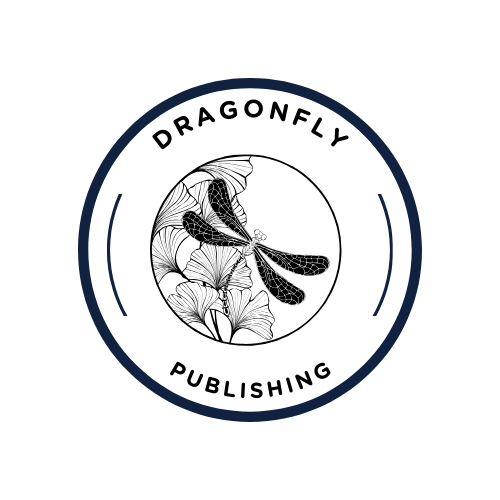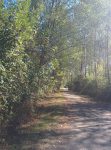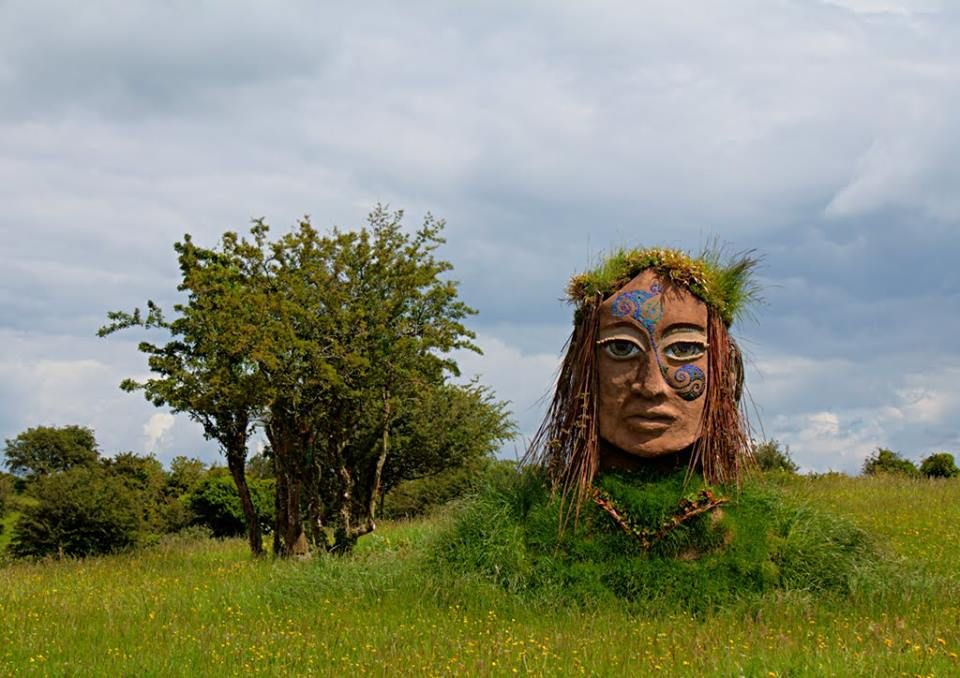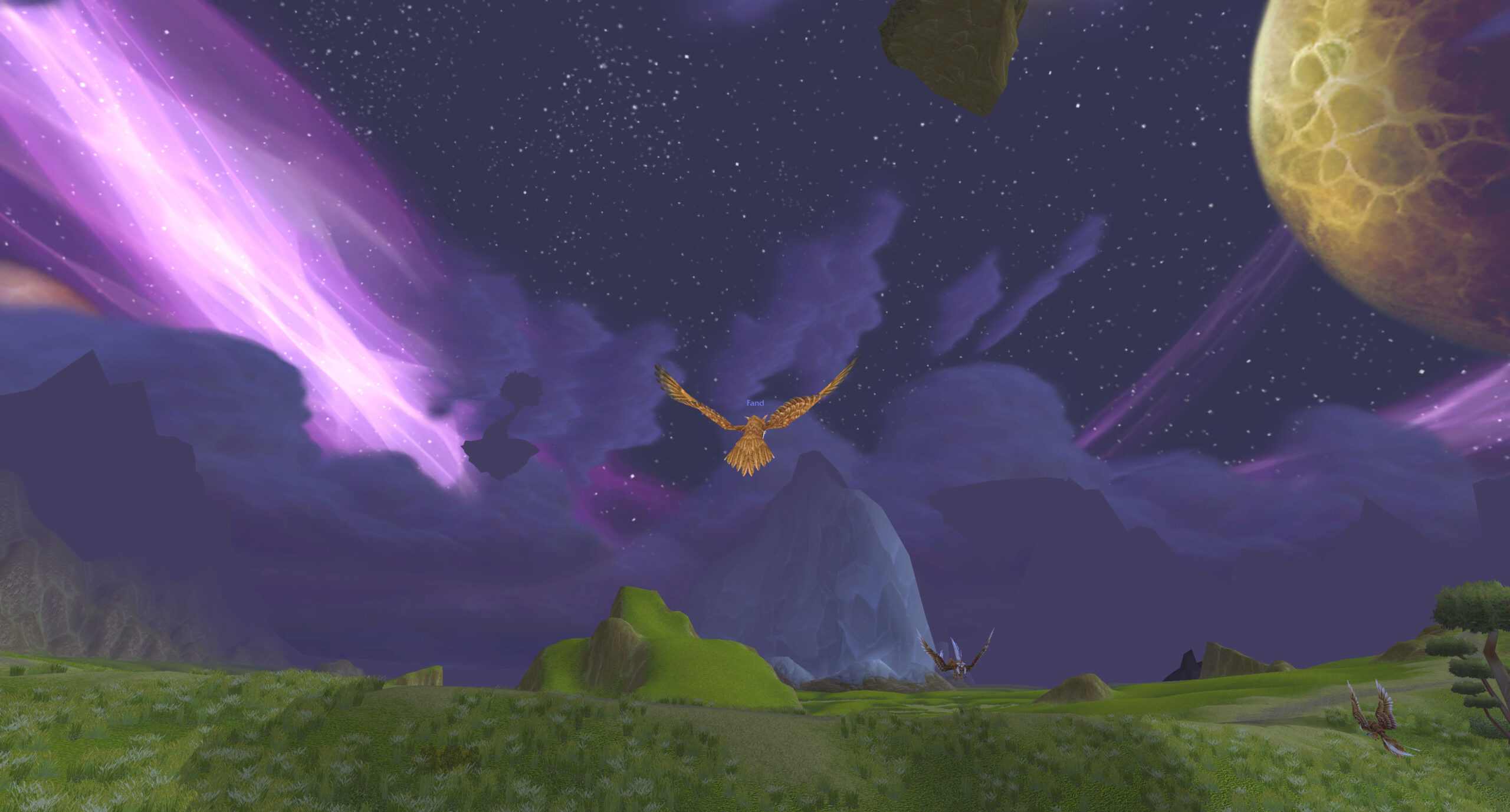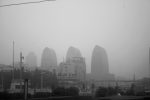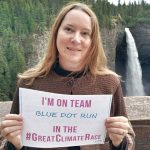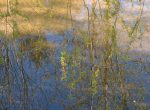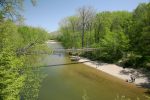I listened to this talk the other day on the way home from work. I really like hearing author perspectives of their writing about the wild. In this talk, the two were in Toronto just a couple weeks ago. I have chatted with both at the main site (see “Selected Interviews” on the front page) in different times/focuses, so it was interesting to me to see them together here. One of the questions in this panel was how their sense of place in childhood inspired their writing. Jeff talked some about Fiji and Florida, both places he’s lived, and Lorna talked about growing up in the prairies of Saskatchewan, where there was “a tree.” She’s very funny; they both are. But both places just seemed so rich with nature, despite one tree or many. Lorna now lives in British Columbia, over on the island. So her landscape is much like my own. She talked some, too, about the wildfires this year and how the rainforest trees were covered in dust, which just shouldn’t be.
Yesterday, I got the chance to go on a 5K hike, and I thought a lot about this idea of sense of place. I guess I am always thinking of it, really, but now that I am able to get out more and go some distance (5K was a lunch hour hike), I realize, again and again, how I feel at home in the woods. While pondering this question about how childhood places inspire later writings, I passed the bear neighborhood–where I’d seen that mama or papa (read: big) black bear on a run and quickly hightailed it into a different direction, where, flustered I fell down a hill. Then I passed the cemetery, which I remember running in earlier this year, thinking of charnel grounds. Then it’s a hike through a kind of forest-shaded back road, which is partly blocked off to traffic. And from there, it’s just a skip and a hop back to what I have so endearingly termed “cougar woods”. I spied the “Bear Sighting” sign and walked on in in the park anyway, thinking, “oh well.” I thought of what Jeff VanderMeer had said in the talk, linked above, where he was hiking in the Everglades, I believe it was, and saw a Florida panther. Really, when you’re that far in, 14 miles or so, there’s nothing you can do but face the ultimate wild thing that may or may not harm you. I think he used that fear feeling in writing later. Maybe it’s easier to write about once you face such a thing.
Walking in the woods yesterday, I saw the familiar and comforting Beaver Creek, which I have photographed in every season–from deep summer to fall to winter, where hoarfrost or snow paints everything a mystical white.

I didn’t have a lot of time at that point, not enough to walk to the lake itself, but I did go to the first tee in the trail and turn right to view the glorious meadow.
I walked down a long trail, which my husband thinks look like a road (maybe an Irish road!).
This whole time I was thinking of that question, of childhood places, yet sensing instead of my current life’s places, which are so very integral to everything I do. It felt wonderful to be back with my old friend: the trail. Had I remembered to wear proper walking shoes or put on some shorts (it was very warm yesterday) or had I had more time, I would have spent the day out there. There’s a feeling in the air of seasonal change: the last warm days of late summer, the early fall of leaves–some due to regular seasonal changes, some due to drought and stress–the perfect blue sky peeking through trees, the deep blue of the creek and the lavender strokes of bluebells in the meadow, the golden hues everywhere.
When I think of childhood place, it drifts between my home in the Midwest to visiting the Appalachians often (something I talk about in an upcoming author spotlight on Barbara Kingsolver), and then to the areas in Wisconsin we went often after moving to the Chicago area. I feel a deep gratitude to my parents for getting us outside at all times. There was never a time in all my life that I wasn’t outside as much as possible. As a kid, all I wanted to do was play outdoors. My parents’ lifestyles trickled down to us children: hiking, camping, rafting, climbing mountains, canoeing, mushroom-picking, etc. I went to camp and learned to ride horses and do archery. The places of my childhood were mostly of a temperate climate, and while much of my childhood was spent in flat Indiana, there were gorges and canyons in some of the nearby state parks, like Turkey Run. I remember we would camp often in nearby forests, which were deciduous with the occasional conifer. I have a vague memory–really the memory is vivid, but the actual place name is vague–of finding big vines in the forest that my brother and I would swing on “like Tarzan.” I don’t know if these were wild grapevines or something else, but it was so much fun.
I remember a peaceful pond, and this particular time my Mamaw and Papaw from eastern Kentucky were with us. Mamaw introduced me to peanut butter nutter bars, and Dad was introducing us to the concept of fishing. We’d only catch and release, though I don’t remember really catching anything. I hated touching worms but didn’t mind eyeing the minnows through the hook for bait, for some reason.
Every time I think of these places I remember hot and humid summers with lots of flies, gnats, and mosquitoes, or starry nights and very large lightning bugs, or frosty winters and big lodges with fires as we gathered around and told stories and just had a good time with friends and family. So much time was spent in and on the water–in rafts and canoes and pontoons or rowboats, or just jumping out of the boat into a river or lake to cool off.
I would say that, as I writer, though I’m nowhere near talented like Jeff or Lorna, these memories stayed with me always, and every day I create new ones, and I’m always trying to re-create them in fiction.
One more thing Lorna pointed out is that we live in an age of horror (not her exact words), so we can’t really sidestep around the horrible realities. But she quoted something about singing in the darkness, and I really liked that. It has a lot to do with an upcoming interview with someone who doesn’t side-step around something horrible, who faces it straight on. I’ll talk more on that later. We have to face the dark. I believe facing it means not sweeping it under the rug, no matter how horrible. And then we have to sing anyway–or, in other words, heal.
By the way, my the first part of my article “Exploring the Ecological Weird” is at SFF World now!
